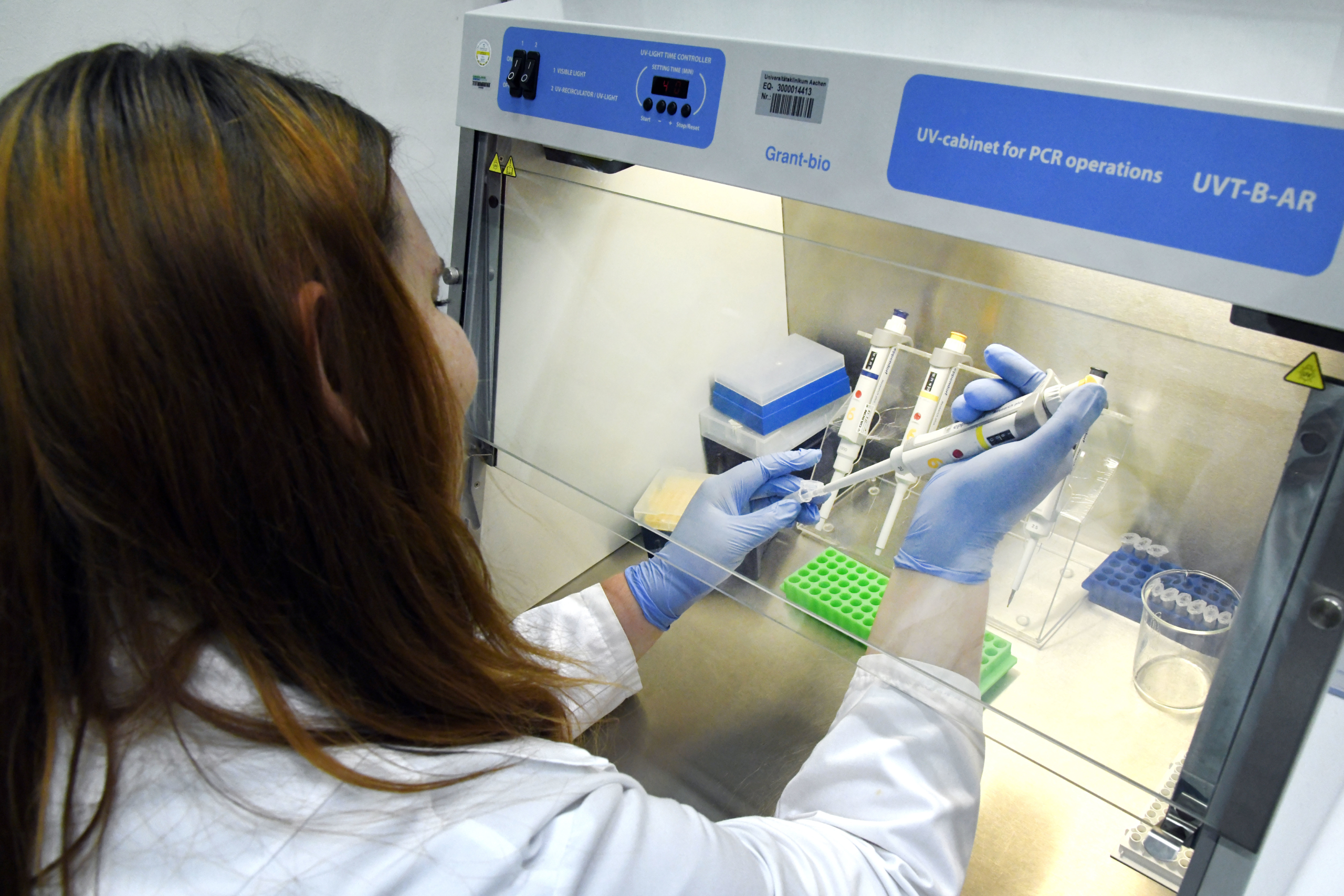
© Heiko Barg
A07: Consequences of bile salt signalling for liver regeneration and pathophysiology.
Signalling via host- and gut microbe-derived bile salts is involved in liver regeneration after partial hepatectomy. Cholestatic sequela impair the regenerative process and cause significant mortality in patients with perihilar cholangiocarcinoma, despite pre-operative biliary drainage.
In the first funding period A07 studied liver regeneration in patients with and without cholestasis and showed that bile salt signalling appears to be more relevant in the early phase of liver regeneration than signalling from gut-derived FGF19. Systemic bile salt levels at post-operative day 1 independently predicted liver volume gain.
In the second funding period project A07 will continue to study how the interplay between cholestasis and drainage-related infections affects liver regeneration in post-cholestatic patients and defines underlying principles in mice. The combined approaches will reveal their reciprocal impact on regrowth of the post-cholestatic liver, and involved gut-liver mediators.
The project focusses the following three main aims:
- Untangle the effects of infection and cholestasis on liver regrowth
- Validate the initiating role of systemic bile salts in regeneration of the (post)cholestatic liver
- Define the mechanisms of impaired liver regeneration of (post)cholestatic mice with acute cholangitis
The combination of results from the three aims will provide insights into the impact of cholestasis and drainage-related infectious complications on the regeneration of the (post)cholestatic liver and the gut-liver mediators implicated in this process.
